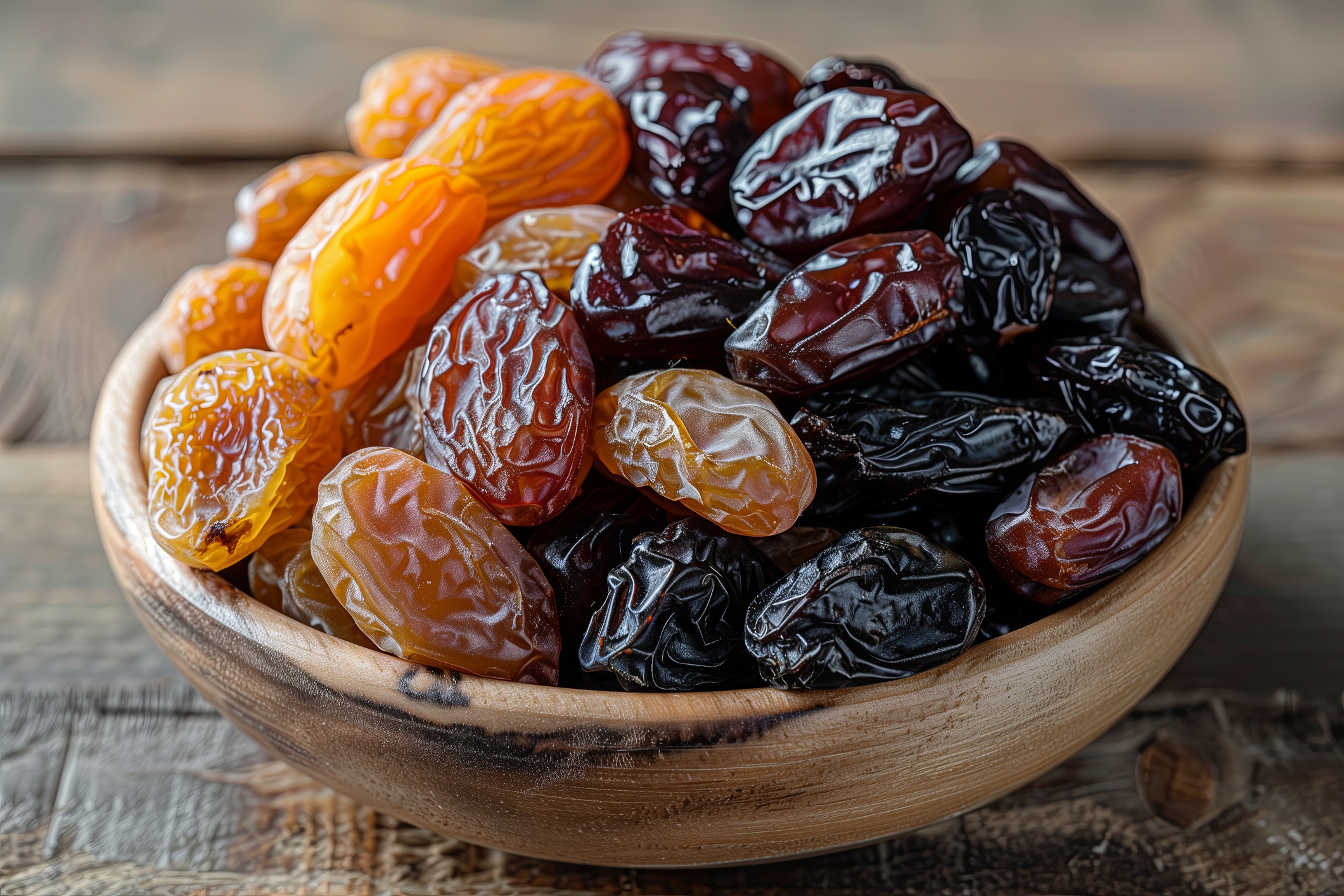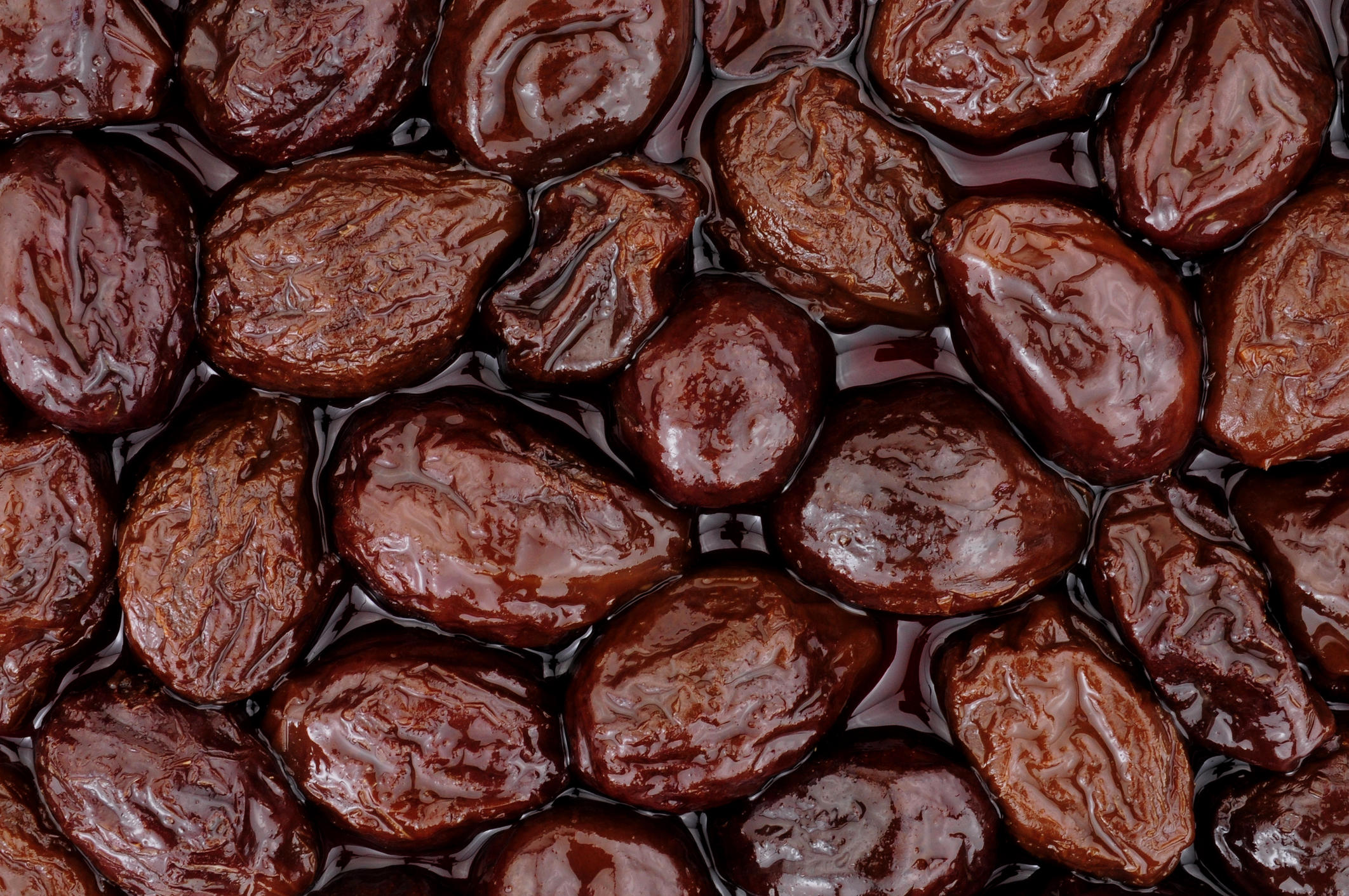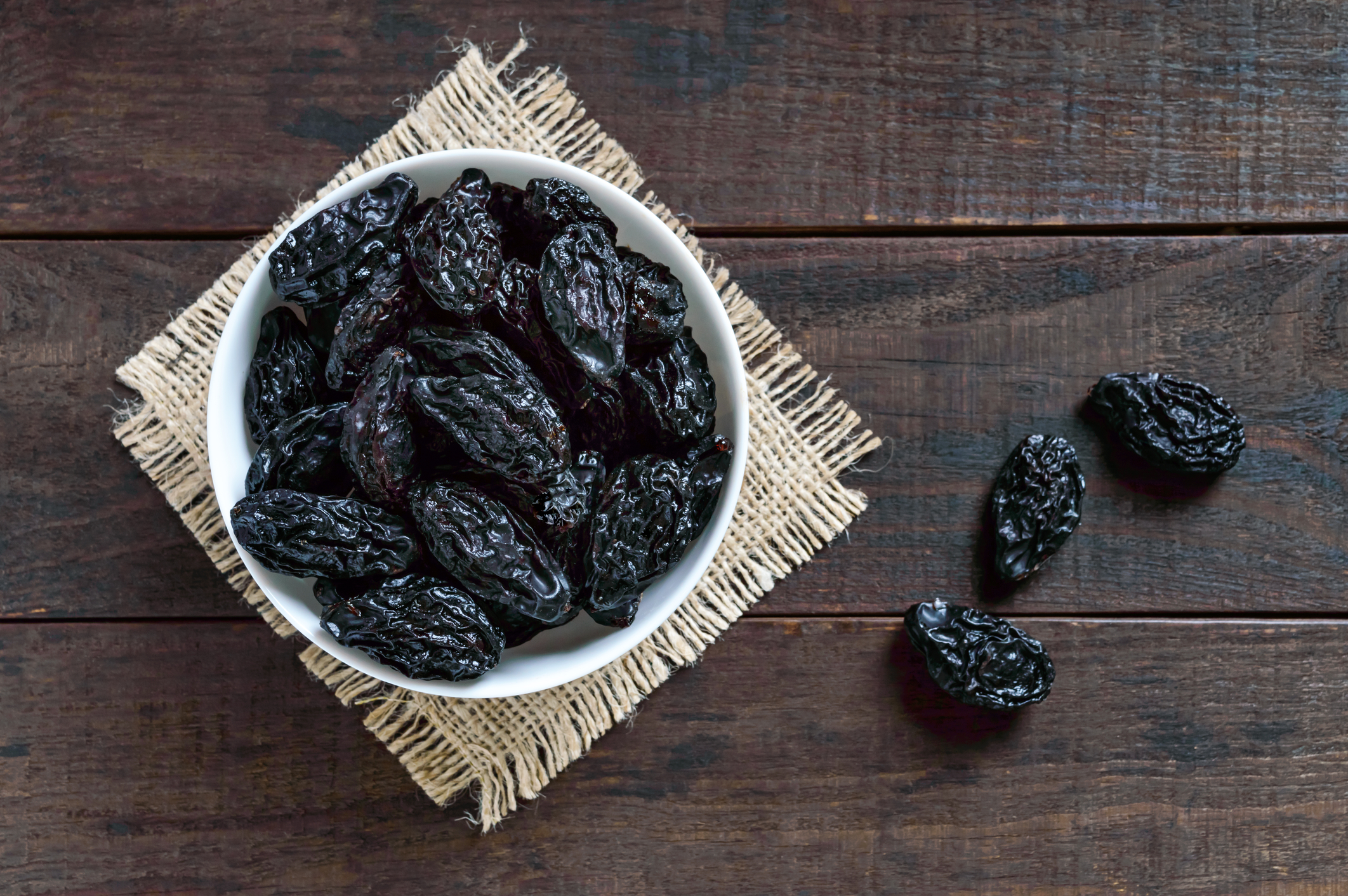Five Ways Prunes Nourish Your Body and Boost Your Health
Prunes, also known as dried plums, are revered for their dietary fiber properties. A single serving of prunes (about 28 grams) provides a whopping 12% of the recommended daily intake for fiber. This nutrient is essential for supporting healthy digestion, as it adds bulk to your stool, facilitating its passage through the digestive tract and contributing to regularity.
In addition to aiding in digestion, dietary fiber plays a critical role in weight management. Its bulking properties allow it to make one feel fuller for longer, reducing the likelihood of overindulging. Furthermore, a high-fiber diet has been associated with lower body weight, waist circumference, and body mass index (BMI).
Despite its myriad benefits, dietary fiber is a nutrient that the majority of individuals fall short on. Adding prunes to your dietary regimen assists in bridging this gap, thereby promoting overall wellness.
Rich in Antioxidants

Prunes are loaded with antioxidants. These compounds assist in combatting oxidative stress, a phenomenon linked to chronic conditions like heart disease and cancer. Prunes owe their antioxidant prowess to phenols, a type of plant compound that enables them to neutralize harmful free radicals.
What's more, prunes rank amongst the top foods in terms of Antioxidant Capacity per Serving (ORAC)—a measure of a food's ability to scavenge free radicals. This makes prunes an excellent component of an antioxidant-rich diet aimed at neutralizing harmful free radicals.
Bone Health Promoters

Contrary to popular belief, prunes aren't just good for digestion; they're beneficial for bone health too. A couple of studies have demonstrated that prunes can prevent bone mineral density loss—a condition associated with osteoporosis. They achieve this by inhibiting bone resorption, the process by which bones are broken down, and their minerals absorbed into the bloodstream.
Furthermore, prunes contain boron and potassium—two minerals needed for bone health. While boron enhances your body's ability to retain calcium, potassium plays a role in preserving bone mineral density.
Prunes and Blood Pressure

High in potassium and low in sodium, prunes are great allies in maintaining balanced blood pressure. According to the American Heart Association, a diet rich in natural sources of potassium is essential for blood pressure control, as this mineral helps to relax the walls of your blood vessels.
Additionally, prunes' high fiber content may contribute to lowering blood pressure. A review of several studies found that high fiber diets were connected with significant reductions in systolic and diastolic blood pressure in patients with hypertension.
The Eye Health Connection

Prunes might not be your first thought when it comes to eye health, but maybe they should be. They're an excellent source of vitamin A, a nutrient very important for your vision.
A deficiency in vitamin A can lead to xerophthalmia, a condition that can damage normal vision and result in night blindness. Just a half-cup serving of prunes provides about 6% of the daily value for this vital vitamin, making these humble fruits quite the eye health enhancers.
In addition to vitamin A, prunes also contain carotenoids—compounds that are known to promote eye health by decreasing the risk of age-related macular degeneration and other eye diseases. Just another reason to add prunes to your diet!